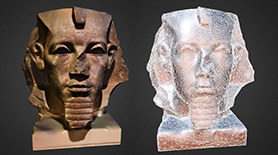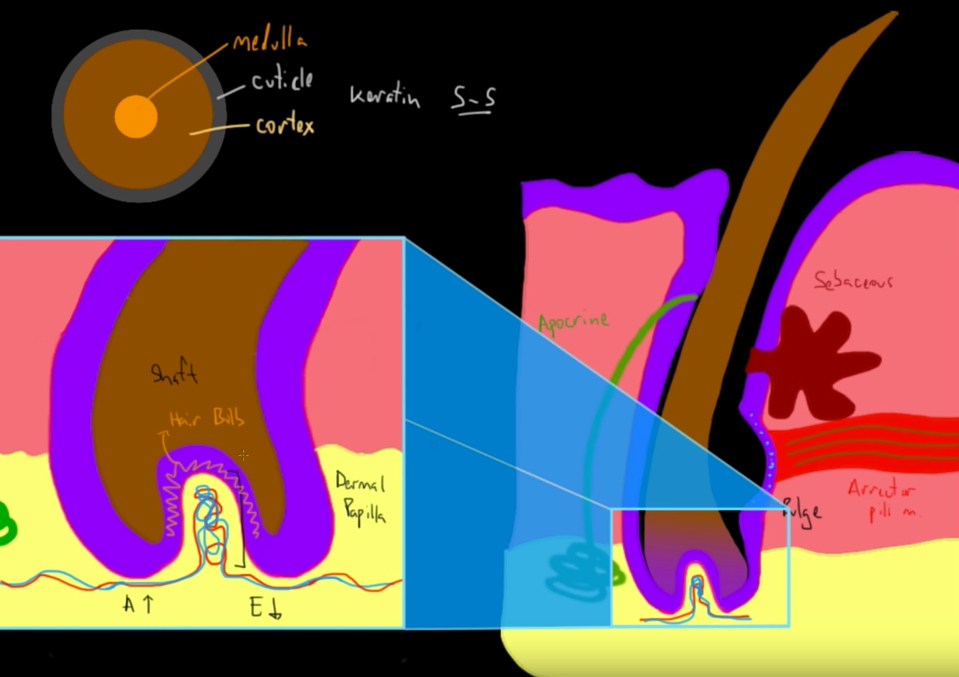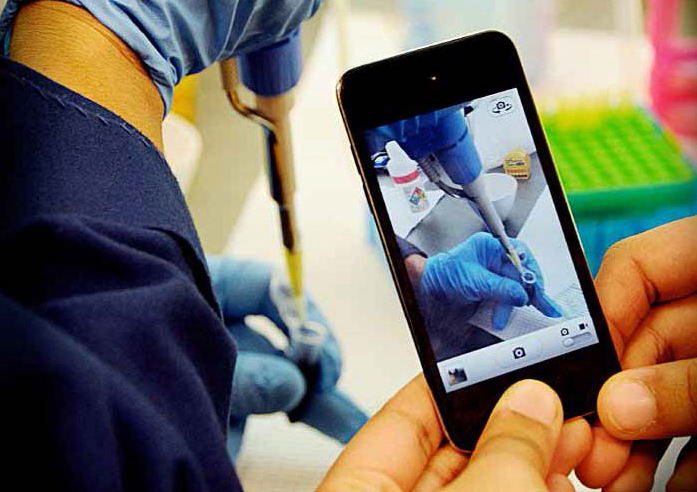- Accessibility Options:
- Skip to Content
- Skip to Search
- Skip to footer
- Office of Disability Services
- Request Assistance
- 305-284-2374
- Display:
- Default
- High Contrast
- Apply
- About UM
- Give to UM
-
Schools
- School of Architecture
- College of Arts and Sciences
- Miami Herbert Business School
- School of Communication
- School of Education and Human Development
- College of Engineering
- School of Law
- Rosenstiel School of Marine, Atmospheric, and Earth Science
- Miller School of Medicine
- Frost School of Music
- School of Nursing and Health Studies
- The Graduate School
- Division of Continuing and International Education
- Alumni



 For years, we’ve had the ability to take building plans and turn them into 3D rendered walk-throughs. Until recently, these tools have been complicated and reserved for use by technical experts. Now a series of photographs can be rendered as a 3D tour, devices like the Microsoft Hololens and the Oculus Rift are invigorating public interest in augmented and virtual reality, and practically any design for a device can become physical through 3D printing. This FLC group will explore new and emerging technologies, see how they might fit into their courses, and what resources are available at the University.
For years, we’ve had the ability to take building plans and turn them into 3D rendered walk-throughs. Until recently, these tools have been complicated and reserved for use by technical experts. Now a series of photographs can be rendered as a 3D tour, devices like the Microsoft Hololens and the Oculus Rift are invigorating public interest in augmented and virtual reality, and practically any design for a device can become physical through 3D printing. This FLC group will explore new and emerging technologies, see how they might fit into their courses, and what resources are available at the University. The idea of a “flipped classroom” is to pre-record lecture content and make it available to students outside of class time. Then during class, engage students through a variety of activities such as hands-on labs, debates, research, and group collaboration. This FLC group is for faculty who would like to try “flipping” part of a course or who would like to expand upon the work they’ve already started.
The idea of a “flipped classroom” is to pre-record lecture content and make it available to students outside of class time. Then during class, engage students through a variety of activities such as hands-on labs, debates, research, and group collaboration. This FLC group is for faculty who would like to try “flipping” part of a course or who would like to expand upon the work they’ve already started. Video equipment used to be heavy and expensive. Today, 99% of University of Miami students have portable video studios in their pockets. This opens up new possibilities for student to create multimedia assignments such as interviews, personal stories, and examples of course principles in the real world. This FLC group will discuss examples of student generated media assignments, how to structure a successful project, University resources such as the Digital Media Lab (DML), and how to create a criteria for grade assignment fairly.
Video equipment used to be heavy and expensive. Today, 99% of University of Miami students have portable video studios in their pockets. This opens up new possibilities for student to create multimedia assignments such as interviews, personal stories, and examples of course principles in the real world. This FLC group will discuss examples of student generated media assignments, how to structure a successful project, University resources such as the Digital Media Lab (DML), and how to create a criteria for grade assignment fairly.